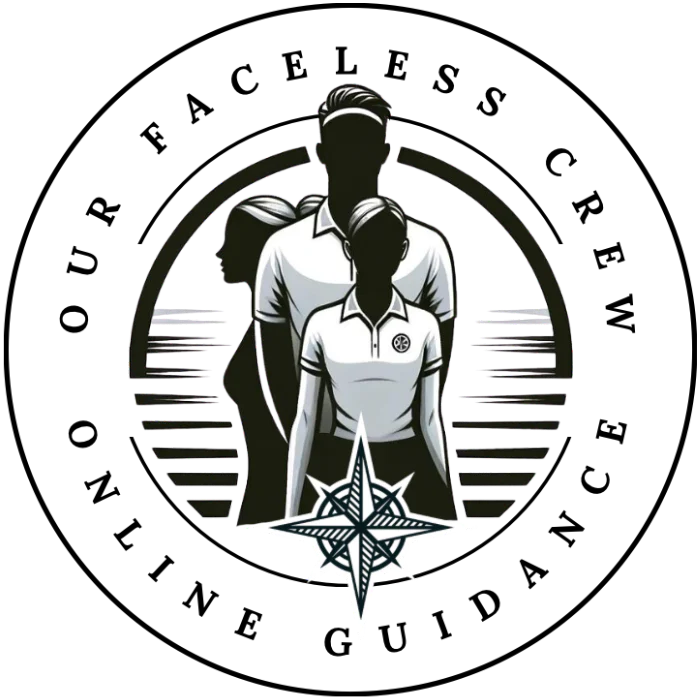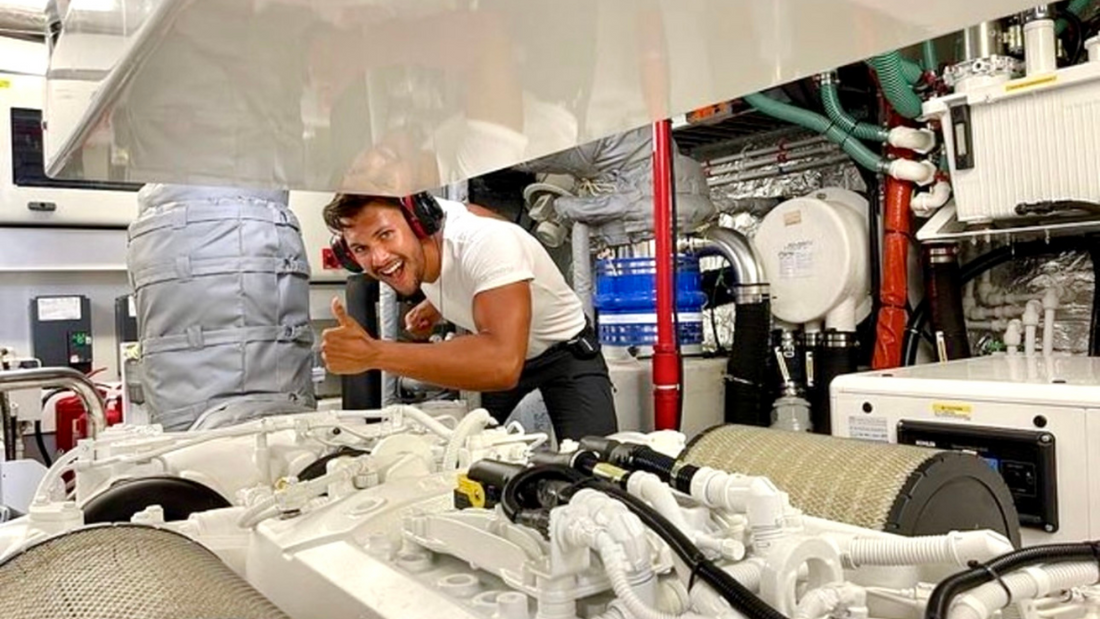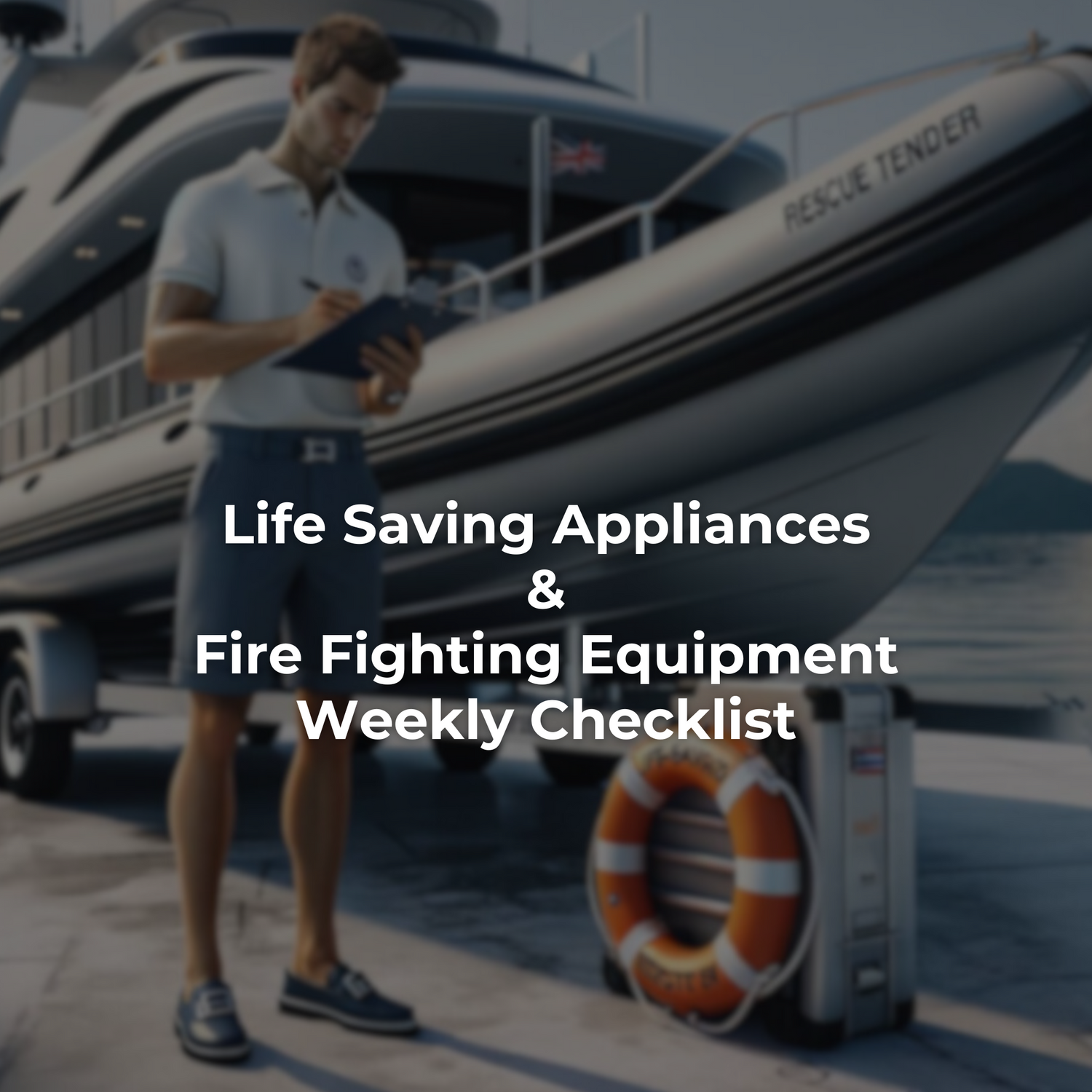When it comes to the world of yacht crew, there is often a stereotype of an engineer: one of someone who can be prickly, difficult, unsocial, grumpy. Being an engineer myself, I can’t completely deny that, but on the other hand, neither can I say it's completely true. I've met positive and negative examples, and I've experienced and behaved according to the stereotype myself on occasion. However, there are reasons for those who work outside the engine room might not know, and which we will explore.
What is an engineer? Or, more accurately, what kind of person becomes an engineer? While artists are driven to create art to appeal to emotions, doctors are driven by compassion to help people who are suffering, engineers are driven to manipulate the external world to solve problems. That's how they are wired, how their brains work. They are often more fascinated by things than people and can have a difficult time understanding others because that is not really their raison d'être.
Being an engineer aboard a yacht can often feel like spinning plates, differing problems, one after the other of varying natures -literally all over the boat. On any given day, an engineer can be adjusting valve clearances on the main engines, dealing with voltage fluctuations on a generator, hauling out a fire pump, running up to the bridge to deal with an electronic issue, coming back down to the owner's cabin to fiddle with an iPad, ordering spares, all different activities which require particular knowledge, methods, skills, and thought processes.
Then there is the day-to-day housekeeping, coping with regulations, surveys, repairs, planned maintenance and that's before we have even started the engines and left the dock.

Photo credit: @certified_superyacht_academy
Now we've established what drives them and what they do onboard, let's look within the context of a super-yacht. We live in a community which can often be a stressful environment while performing specific, specialised roles which require teamwork and synergy to operate and maintain the vessel as well as to provide 6-star service for the owners and guests.
There are departments that function in different ways and have totally different goals, yet they all must come together otherwise the whole thing comes grinding to a halt. But, and this might be blatantly obvious but it is important - because the departments are so different, we often don’t understand or know what's going on in those outside our own.
Without the understanding of what others are dealing with, there can be no empathy; without empathy, there can be no one to share the load with. A feeling of separateness or disconnection can develop, leading to isolation between departments, damaging or breaking down the team ethic and myriad dysfunctional patterns and relationships can develop off the back of that.
When it comes to the engineering department, there are stresses and strains and demands on the engineers most other crew, particularly amongst junior crew, and even those more established can't understand because they cannot conceive of what the engineers must deal with.
For instance, practically anyone in the world can easily understand how it must feel to spend hours cleaning something only to have red dust dumped over it by the rain a short while later, or to deal with a customer who is thoroughly unpleasant.
But the goings on in the engineering department can be like a foreign language to those outside.
If, for instance, I told a fellow engineer that the voltage on the port generator was fluctuating intermittently and I don't have a tachometer, fuel pump, or an AVR onboard, they would look at me with genuine concern, perhaps suggest some things to try and help. There is an instant connection. If I mentioned the same to the bosun or a junior stewardess, the face would likely be a complete blank. No understanding, therefore, no connection.
Being unable to share what's going on because no one understands can lead to feelings of disconnection, isolation, and this I believe goes a long way to creating the response and behaviors that are often associated with the stereotypical yacht engineer.
I'm not saying that this is the case for all engineers, all the time. Not at all. And there are myriad other factors onboard that influence or contribute to each person’s wellbeing onboard; the environment and the people, the individual's resilience, personality, background, and support network at home and many, many more.
And let's not forget that engineers are chosen primarily for their technical abilities rather than their people skills. It's no good being an engineer who is great at telling jokes and making everyone laugh if you can’t start the main engines - again, the whole thing grinds to a halt. But this feeling of disconnection is certainly the significant factor contributing to the stereotypical image of an engineer in my view, and I have spoken to many engineers who resonate with this.
So, is there anything that we should do about this?

Photo Credit @quaycrew_engineering
Taking genuine interest in what is going on in the engine room and other departments outside of your own will help. Taking time to find out what happens, lend a hand, or find out how things work will not only give you more understanding of how a vessel operates, but it will also create a stronger bond in the crew. I'm sure in many cases if you show genuine interest, you will find that reciprocated two or threefold.
Also, trying to understand those whose backgrounds, viewpoints, stresses, and strains are different from your own. Often, we need to take a wider, more inclusive view; this isn’t just with engineers, it’s with all crew. We are all in the same boat, literally, in this fantastic industry, and we all impact each other’s lives, even if briefly in more powerful ways than we will ever fathom. Let’s make the most of it.
Blog post contributed by Phil Richards, the Technical Recruitment Consultant for Lighthouse Careers, a marine recruitment company that helps people all over the world to land their dream job. Phil, himself, is a Y1 Marine Engineer, with many years of experience as a Chief Engineer, Marine Surveyor and Yacht Technical Manager.
Cover photo credit @crewandconcierge_ @dill_de_vill




